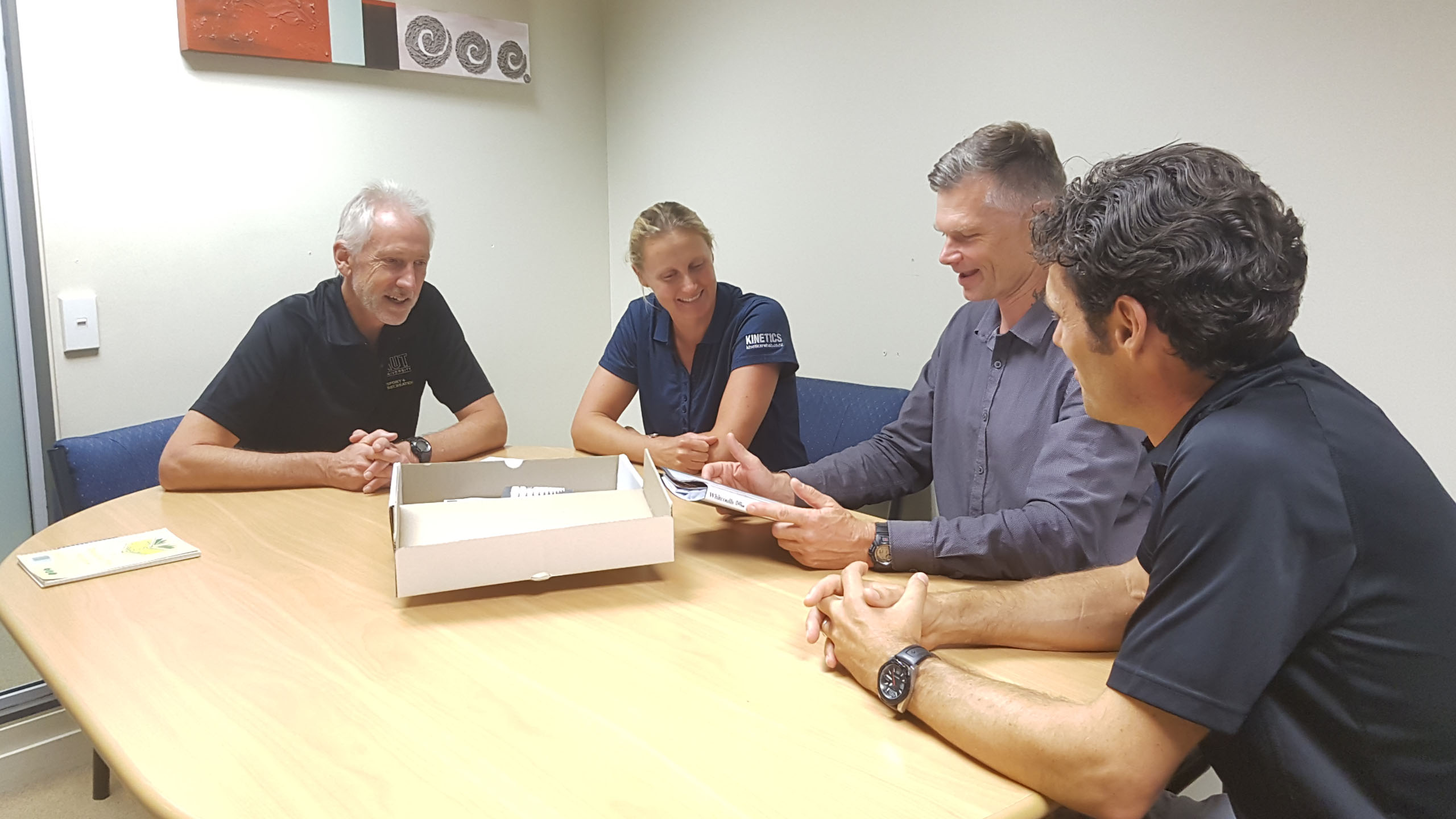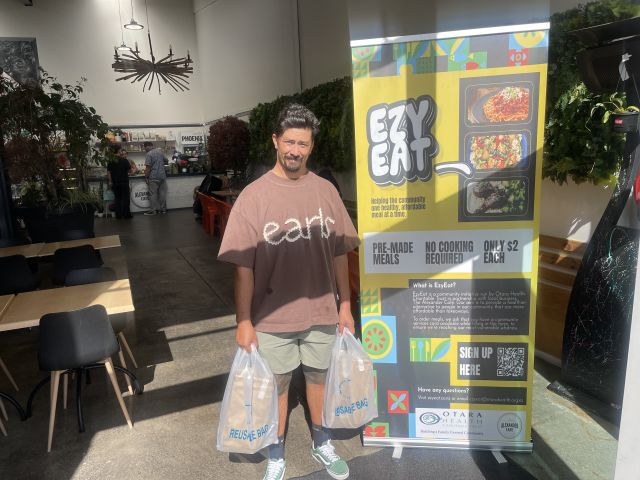Over-training of young athletes contributing to injuries and 'burnout'
• March 31, 2016

An emphasis on specialising in sport too early isn't helping amateur athletes thrive. Photo: Sam Hewat
New Zealand children are being over-used too early by sports teams, says a group of researchers.
University lecturers and physiotherapists have teamed up to study the harmful effects of over-training and early specialisation in teenage athletes.
Two senior lecturers in sport and recreation at AUT, Dr Simon Walters and Dr Chris Whatman, have called on the services of Kinetics Rehab in Whangaparaoa to help show the physical and mental dangers of over-use and over-specialisation in young Kiwi athletes.
Dr Walters said structured-sport had “taken over their childhood”.
“Kids are being forced to specialise in sport earlier and earlier.”
Dr Whatman said the study arose after much anecdotal evidence.
Physiotherapists Rob Knight and Jody McGowan, who have more than 40 years’ combined experience, decided to join the study when they began treating an increasing number of young children.
“More and more kids are coming in with injuries that previously we would have associated with much older children,” Mr Knight told Te Waha Nui.
“The very first [anterior cruciate ligament] rupture I ever diagnosed in a teenager was a 16-year-old.
“Doctors said, ‘No way, that doesn’t happen in 16-year-olds’.”
Ms McGowan said there was almost no New Zealand-based data on such issues.
Mr Knight said it was important for New Zealand to start taking notice.
“Normally, New Zealand is at the forefront of initiatives, but we are probably behind with kids,” Mr Knight said.
“All the data from overseas has come back and we are still doing things wrong.”
The four researchers gave a number of reasons why children are being injured so early on, but the most prevalent was early specialisation.
Dr Whatman said the dangers of moving away from the unstructured sport style of growing up to one that was a lot more specified and controlled, could lead to injury and “burnout” where children either gave up the sport of gave up sport altogether.
Mr Knight said structured and specialised training meant less downtime and less muck-around time.
He was shocked when he realised the “absolute absence of free-play” in New Zealand school children.
When asked how much time was spent mucking around or playing non-structured sport in one survey, a young child had responded with “zero hours”.
Mr Knight said this had to do with New Zealand’s new-found “professional attitude”.
“I think it’s partly because professional sport is now finally seen as a valid career path in New Zealand,” he said.
With most major schools now having sporting academies, children were expected to turn up to training at 6am, team training in the afternoon, and even representative training in between.
“Now you’re getting sports academies popping up in primary schools,” Dr Walters said.

Dr Simon Walters (far left), Jody McGowan, Rob Knight (right) and Dr Chris Whatman. Photo: Sam Hewat
Ms McGowan said parents inadvertently piled on the pressure.
“Because there is the option to [join a sports academy], parents are thinking, ‘If we don’t jump on the boat now, he or she won’t be the best in basketball’.”
Coaches, too, now had competitive objectives for keeping their jobs, she said.
“They aren’t there to develop the children into really healthy successful 20-year-olds, they are there to win a title, because they get their job back next year,” Mr Knight said.
“They push the kids, and three come out of the academy and make the New Zealand team, and people say, ‘Wow that’s a great system’.”
“But they forget there are 700 kids with bad knees, [who are] burned out, never want to play the game again, who haven’t made it.”
The researchers said they weren’t discouraging children from playing sport.
“We think kids should be playing sport. We think they should be playing many sports.
“Where we get concerned is when it’s the one sport, over and over again, which is a professional model of sport for kids kicking in too early,” Dr Walters said.


“Life has changed drastically”: Kiwi DJ Messie speaks on the aftermath of Fred Again tour
kate rickard • April 19, 2024



“Life has changed drastically”: Kiwi DJ Messie speaks on the aftermath of Fred Again tour
kate rickard • April 19, 2024



